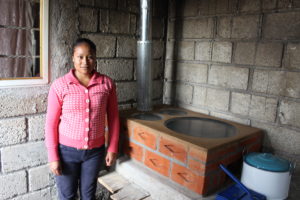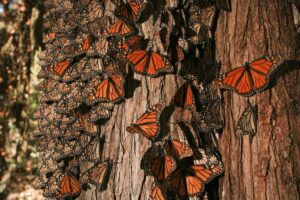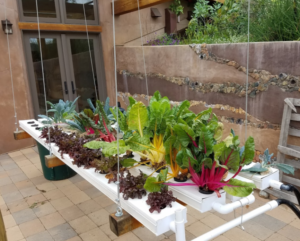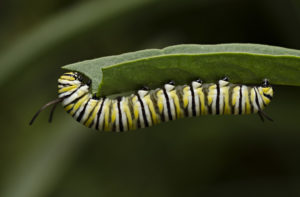6 Ways to Show Pollinators Some Love
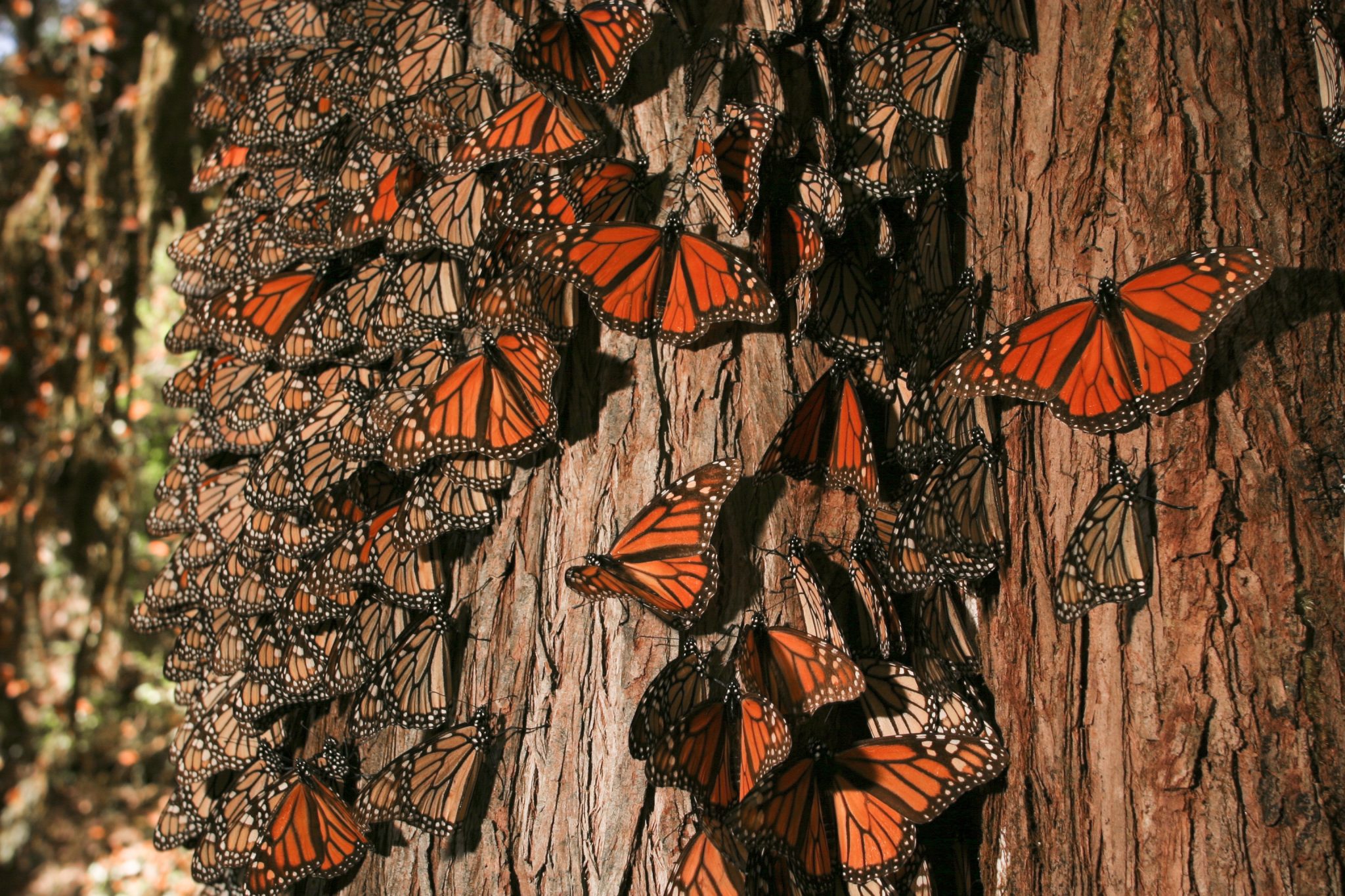
HAPPY NATIONAL POLLINATOR WEEK!
Did you know that one in every three bites of food we eat depends on natural pollinators? Insects such as bees and butterflies provide us with the service of pollinating our food at no cost. However, due to poor agricultural practices and habitat fragmentation, we are at high risk of losing these integral contributors which support our food system. The rapid decline in many butterfly and bee populations is something that we should all be aware of and concerned about. For over ten years, Pollinator Week has helped spread pro-pollinator awareness and celebration across the globe. On behalf of our pollinating friends, below are some examples of what you can do to help out to celebrate National Pollinator Week:
1. PROTECT THE MONARCH MIGRATION
Monarchs are remarkable pollinators that travel over 3,000 miles and over three generations to arrive at their overwintering site in the mountains of Michoacán, Mexico. Furthermore, many locals living in the surrounding areas cook on open fires. ECOLIFE works to build stoves in these areas to help protect the forests surrounding the monarch butterfly reserves where this threatened creature migrates each year. ECOLIFE fuel-efficient stoves burn 50% less wood than traditional means of cooking, which means the impact from harvesting wood is cut in half. Learn about how these stoves protect the lives of people and the monarch by clicking here.
2. AVOID HARMFUL PESTICIDES AND FERTILIZERS
Pesticides and unnatural fertilizers harm pollinator habitats. Reduce your current impact on pollinators by avoiding artificially fertilized and pesticide-heavy foods. Harmful insecticides can actually increase the problems with other non-target pests. Treat garden pests naturally, utilizing natural predators. Buy organic whenever you can and visit your local farmer’s market to shop for weekly produce. Not only will you be eating seasonally – which means tastier fruits and vegetables – you’ll also be doing our pollinators a huge favor by not contributing to agriculturally-based habitat destruction.
3. FARM WITH AQUAPONICS
Aquaponics is a unique way to reduce agricultural land use. According to the United Nations Food and Agricultural Organization, aquaponics uses up to 90% less land and water to grow food. With zero use of harmful pesticides or fertilizers in this process, organic farming is much easier to accomplish. This closed-looped system of food production both preserves natural pollinator habitats and prevents harmful chemicals from decreasing local pollinator populations. We welcome teachers to apply for a classroom grant and anyone who is interested in starting their indoor garden can purchase our ECOLIFE Aquaponics Kit here.
4. GROW POLLINATOR PLANTS IN YOUR BACKYARD
Choosing to grow native pollinator plants is a great way to help out local pollinators. Establishment of these plants in your garden will help create nectar and pollen to increase pollinator paths which are accessible routes for local pollinators to safely get from one place to another. Many of these species are specialized, so you’ll be doing them a huge favor by planting local flowering plants.
5. CREATE YOUR OWN BUTTERFLY SANCTUARY
Vivariums are an excellent way to help increase butterfly populations and educate kids and adults about the specialized life cycle of these pollinators. These vivariums protect caterpillars from predators as they complete the metamorphosis process and become butterflies. Check out our blog post about how to create your very own butterfly vivarium!
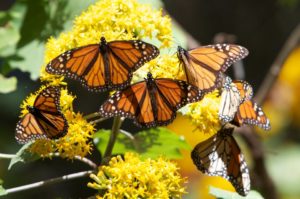
6. SPREAD THE MESSAGE
While many people may know that bees are our primary pollinators, not many know that the list extends far beyond them. Butterflies, moths, beetles, flies, and even some bird species are natural pollinators! Even less people know how essential they can be to us. For example, without the tiny cacao-pollinating midge fly there would be no chocolate. Pollinators account for over 20 billion dollars worth of produce annually. You can help our pollinators by spreading this information to your friends and family and emphasizing the importance of protecting them.
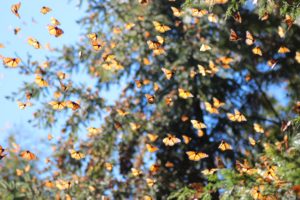
Check out this website for ways to take action and support efforts to protect pollinators.
